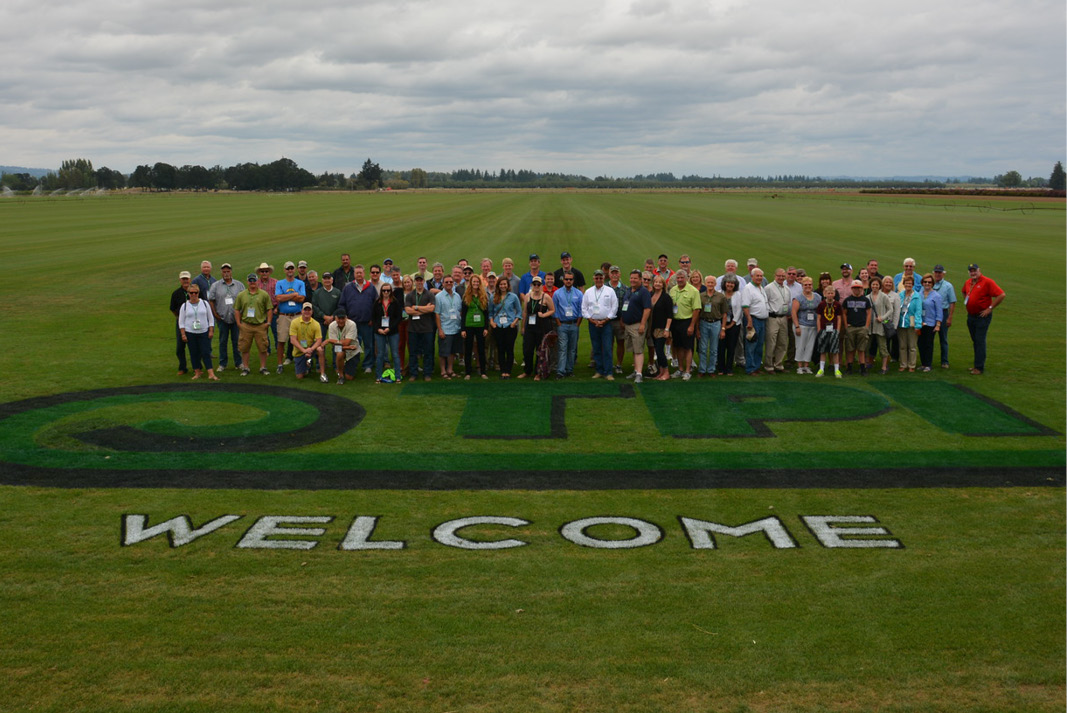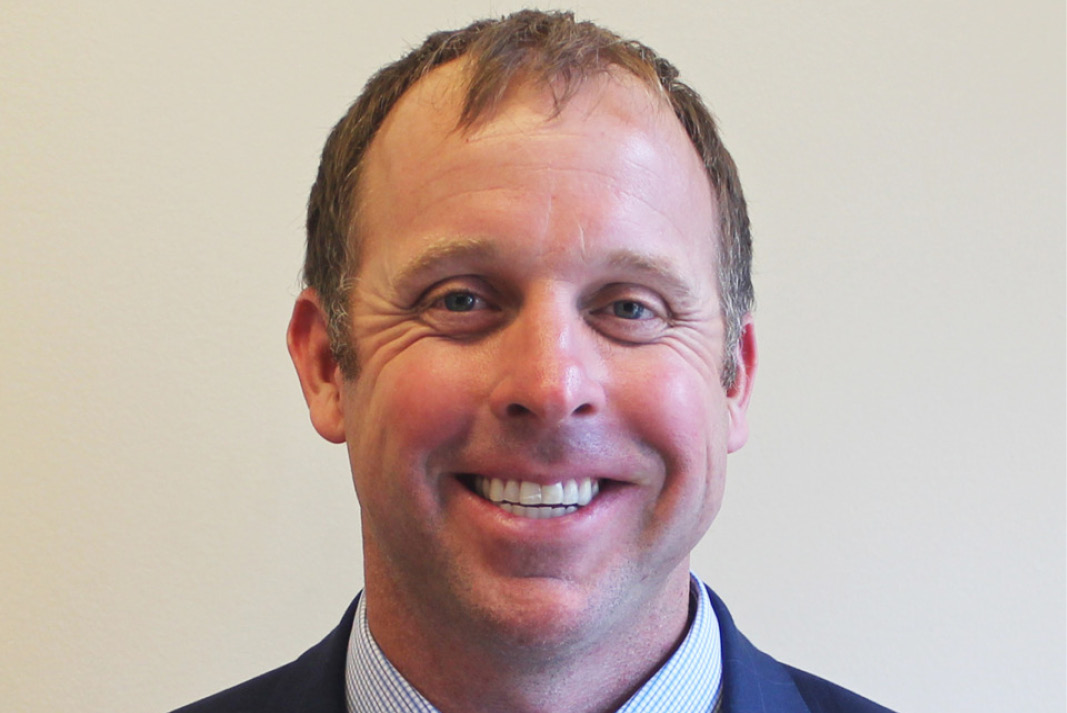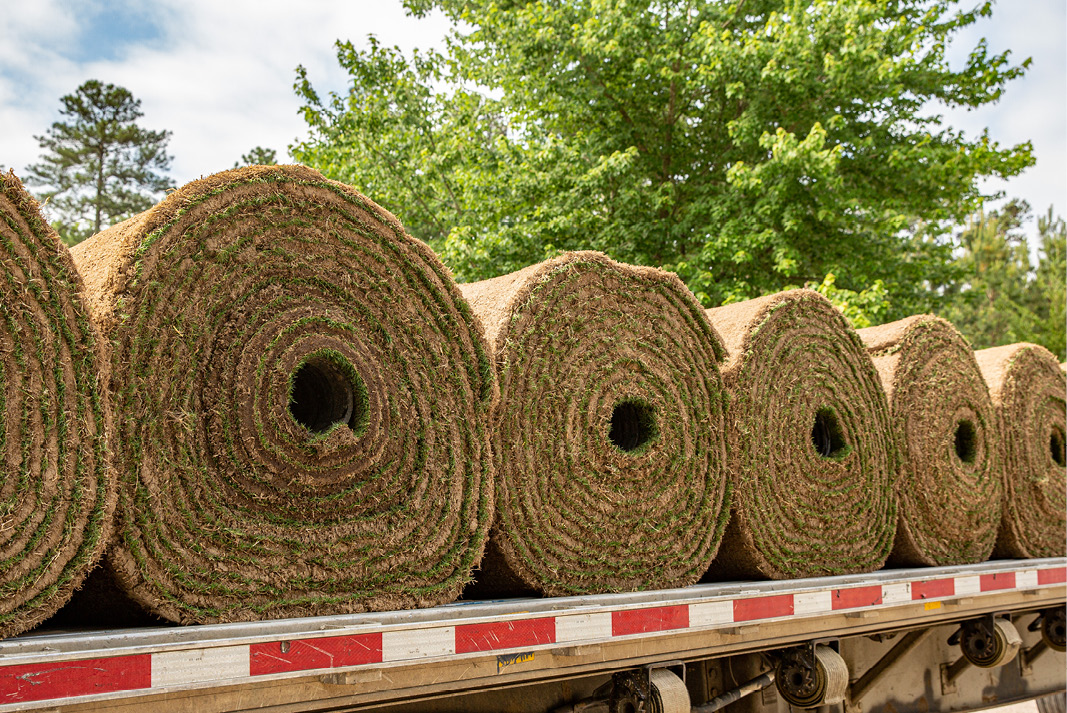As any businessperson knows, being able to position your product in the market is a vital component of success. Not only is it important to have a good product, but how do you tell the story about your product in a way that is attractive to potential customers?
In the Turf Industry we are always quick to tell our story to others but, how do we tell it to those who know little or nothing about turf?
Equally as important, what is it that people want to hear about turf, and what is it that causes decision-makers to see it favorably? Well Turfgrass Producers International (TPI) Executive Director,
Casey Reynolds tells us Aussie growers what they have learnt and are doing in the United States (US).
Turfgrass Producers International (TPI) has been in the business of promoting turf since 1967.
On that date over 53 years ago 40 US turf producers, who recognized the need for an organisation dedicated to serving their industry, founded The American Sod Producers Association (ASPA).
This association continued to grow for over 25 years into one that found sod producers participating from Europe, Canada, Australia and other countries.
In 1994, it decided to re-incorporate as TPI to better reflect its international scope. Since that time, TPI has been in the business of promoting turf and its producers, equipment manufacturers, suppliers, and others throughout the world.
Promoting turf and turf producers
There are many things that TPI does as part of its mission to promote turf and turf producers.
We have an international education conference and field day every year that draws producers and equipment manufacturers from all over the World.
TPI’s most recent event in 2020 was held at Disney Springs in Orlando, Florida and drew over 800 people from 36 US states and 11 countries (including Australia).
Producers have a chance to visit with vendors and other growers, participate in education topics on business, agronomy, marketing, etc… and have a little fun all at the same time.

TPI working with government
TPI also works in government relations to make sure that turf producers are represented in policy and regulations impacting business.
In the US, we recently had a ruling where the United States Department of Transportation (USDOT) did not consider turf farms to be agriculture and as such did not allow turf farmers to claim important exemptions when hauling their product to market.
Subsequently, TPI filed a petition with the USDOT and after two years of collaboration got the ruling reversed.
It is often these types of items that associations do which go unseen but impact producers everywhere.
We often hear from our international members that policies implemented in the US have far-reaching consequences. As an international association, we are happy to bring these examples to other countries and work with producers throughout the World to represent them in government policies.
Consumer research
There has also been recent research conducted by TPI to explore what it is that decision-makers and consumers see in turf that causes them to choose it as a lawn or athletic playing surface.
How do we position turf in markets that create demand, sustain or raise the price, and show the value it has to consumers?
One of the items we found to be important is that language matters. What our Australian members refer to as turf, our US members refer to as grass.
If you use the term turf in the US, the majority of consumers think that you are referring to plastic, synthetic turf.
TPI’s market research has also shown that two of the main attributes that consumers care about in choosing playing surfaces and lawns is environmental impacts and safety or health of athletes and children.
We are currently building on this research to fund work to show the positive environmental impacts of lawns and it will be released in the coming months.
TPI is also working with Turf Australia to make sure that this information is relevant to our Australian members and their markets, and we will be excited to share the results soon.
Creating clarity and value for turf
One of the main goals of TPI’s domestic and international work is to create clarity and value in our product.
Whether we call it turf, turfgrass, or natural grass, it is important to be clear in creating a brand that customers can understand what it is and see it’s value.
At the end of the day, that is what TPI is really all about. We want to create awareness on a global scale so that consumers, customers, and policy-makers understand the value that turf brings to urban environments.
Turf lawns and fields or open spaces create a safe place for kids to play, they capture rainfall, create fresh oxygen, clean runoff water, house a thriving system of arthropods and soil microbes, and more.
This is the product and brand that we want to promote.
If you want to learn more about TPI and what we do as an association to promote turf, head on over to our website at www.TurfgrassSod.org. You’ll find information on our association’s benefits, downloadable graphics, dues, and more.

Who is Casey Reynolds?
Turf Producers International (TPI) Executive Director, Casey Reynolds (PhD) has been TPI’s Executive Director for two and half years and, in that time, has been passionate about installing the benefits of turgrass both in the United States (US) and internationally.
TPI is the independent body with members in almost every US state and over 30 countries, including Australia, who produce natural grass seed and sod worldwide.
Casey previously was the Assistant Professor and Turfgrass Extension Specialist at Texas A&M, where he coordinated state-wide turfgrass research and extension programs.
Since been appointed to the TPI, Casey has been instrumental in working alongside market and consumer research company, FleishmanHillard to identify how the American Turf Industry can tell their ‘turf’ story in a way that is attractive to potential customers and will sell more turf.
Casey is eager to work with turf countries, such as Australia, to build a united approach in both R&D and sending the message to the wider global community about the benefits of turfgrass.


